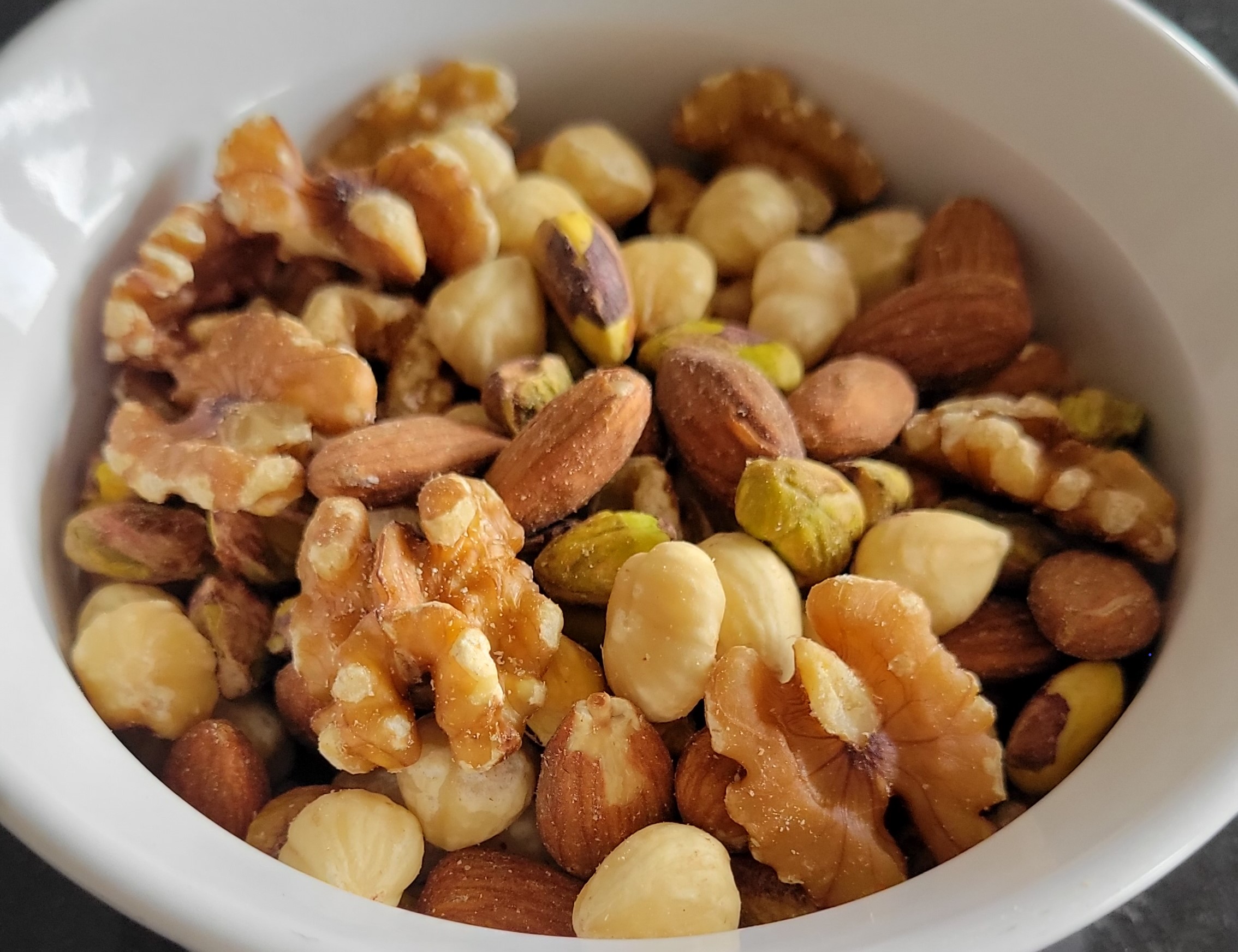Plant Based Protein

Protein is a critical component of a balanced diet, playing a vital role in the growth, repair, and maintenance of various tissues in the human body.
As we age, protein intake is essential to preserve muscle tissue and to assure optimal functioning of organs and our hormonal system. Insufficient protein consumption can lead to muscle wasting, impaired immune function, and can compromise your overall health.
Most people recognize meat, eggs, and dairy as good sources of protein. But, what do you do if you are a vegan or vegetarian? Fortunately, there is a growing awareness of the benefits of incorporating plant-based and non-meat protein sources into our diets.
Plant-Based Protein Sources
Contrary to the misconception that plant-based diets lack sufficient protein, there are numerous plant-based sources that provide high-quality protein.
Legumes, such as lentils, chickpeas, and black beans, are rich in protein and fiber.
Quinoa, a grain-like seed, is a complete protein source, containing all nine essential amino acids.
 Nuts and seeds, including almonds, chia seeds, and pumpkin seeds, are excellent sources of protein, healthy fats, and various essential nutrients.
Nuts and seeds, including almonds, chia seeds, and pumpkin seeds, are excellent sources of protein, healthy fats, and various essential nutrients.
Tofu is a versatile plant-based protein option, widely used in vegetarian and vegan diets.
Edamame is also a protein-packed snack.
Whole grains like brown rice, oats, and barley contribute to protein intake while providing complex carbohydrates and other essential nutrients.
Green leafy vegetables, such as spinach and kale, also contain significant amounts of protein.
Best Plant-Based Protein Options
Lentils – 18 grams per cup (cooked)
Chickpeas – 15 grams per cup (cooked)
Black Beans – 5 grams per cup (cooked)
Quinoa – 8 grams per cup (cooked)
Almonds – 7 grams per ¼ cup
Chia Seeds – 8 grams per ¼ cup
Pumpkin Seeds – 8 grams per ¼ cup
Tofu – 15 grams per cup (firm, raw)
Tempeh – 31 grams per cup (cooked)
Edamame – 17 grams per cup (cooked)
Brown Rice – 5 grams per cup (cooked)
Oats – 6 grams per cup (cooked)
Barley – 4 grams per cup (cooked)
Spinach – 6 grams per cup (cooked)
Kale – 3 grams per cup (cooked)
Dairy and Fish Protein Sources
For individuals who still consume fish and dairy products, there are various other high-protein options.
Fish, particularly fatty fish like salmon and tuna, is rich in protein and omega-3 fatty acids, promoting heart health and cognitive function.
Eggs are an excellent source of complete protein, containing all essential amino acids.
Dairy products, including milk, yogurt, and cheese, are high in protein and provide essential nutrients like calcium and vitamin D.
Protein Breakdown For Fish & Dairy
Salmon – 25 grams per 3.5 ounces (cooked)
Tuna – 25 grams per 3.5 ounces (cooked)
Eggs – 6 grams per large egg
Milk – 8 grams per cup
Yogurt (Greek, plain) – 15 grams per 6 ounces
Cottage cheese – 14 grams per ½ cup
Cheese (Cheddar) – 7 grams per ounce
For those who enjoy the taste of meat, but are eliminating or reducing it from their diet, meal planning can involve incorporating meat alternatives, such as veggie burgers, plant-based sausages, and meat substitutes made from tofu or tempeh.
Leaning towards a diet that includes more plant-based and non-meat protein sources requires careful planning to ensure adequate nutrient intake.
It is essential to diversify food choices and combine different plant-based protein sources to obtain a complete set of amino acids. Understanding the importance of protein and diversifying protein sources beyond traditional meat options is required for promoting overall health and longevity.
Yours in health & fitness,
Sherri McMillan
